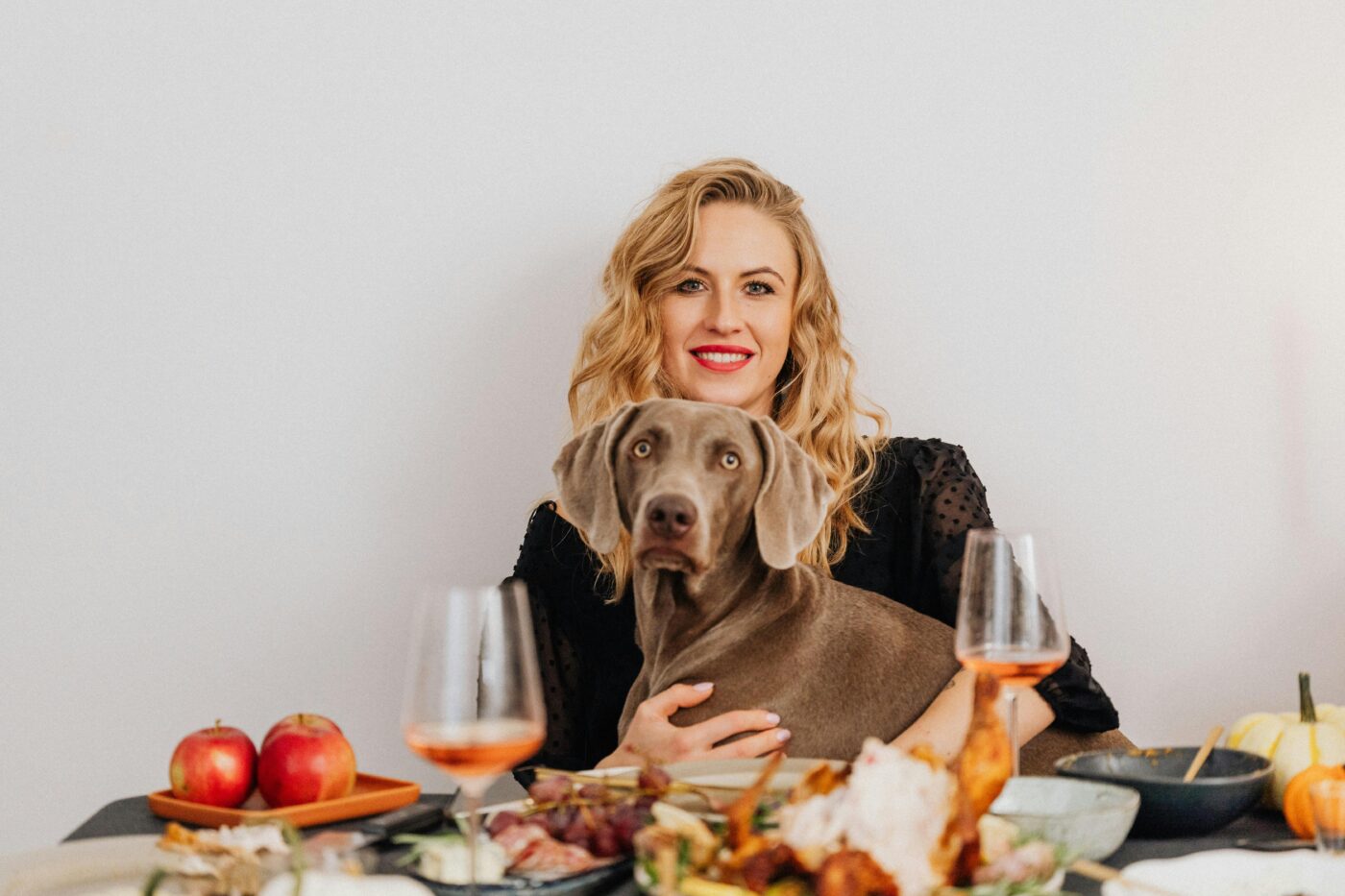 Shutterstock
Shutterstock
Picture your family gathering: the laughter, the chatter, and the clinking of glasses. In the middle of it all, your dog weaves through legs, tail wagging, eyes gleaming with excitement. Dogs seem to have an innate desire to be part of these moments, never content to be left on the sidelines. But why do dogs love being involved in family gatherings so much? The answer lies in their history as pack animals, their emotional intelligence, and their desire to be included in their human “pack,” all of which contribute to their joy during family events.
Pack Animals at Heart
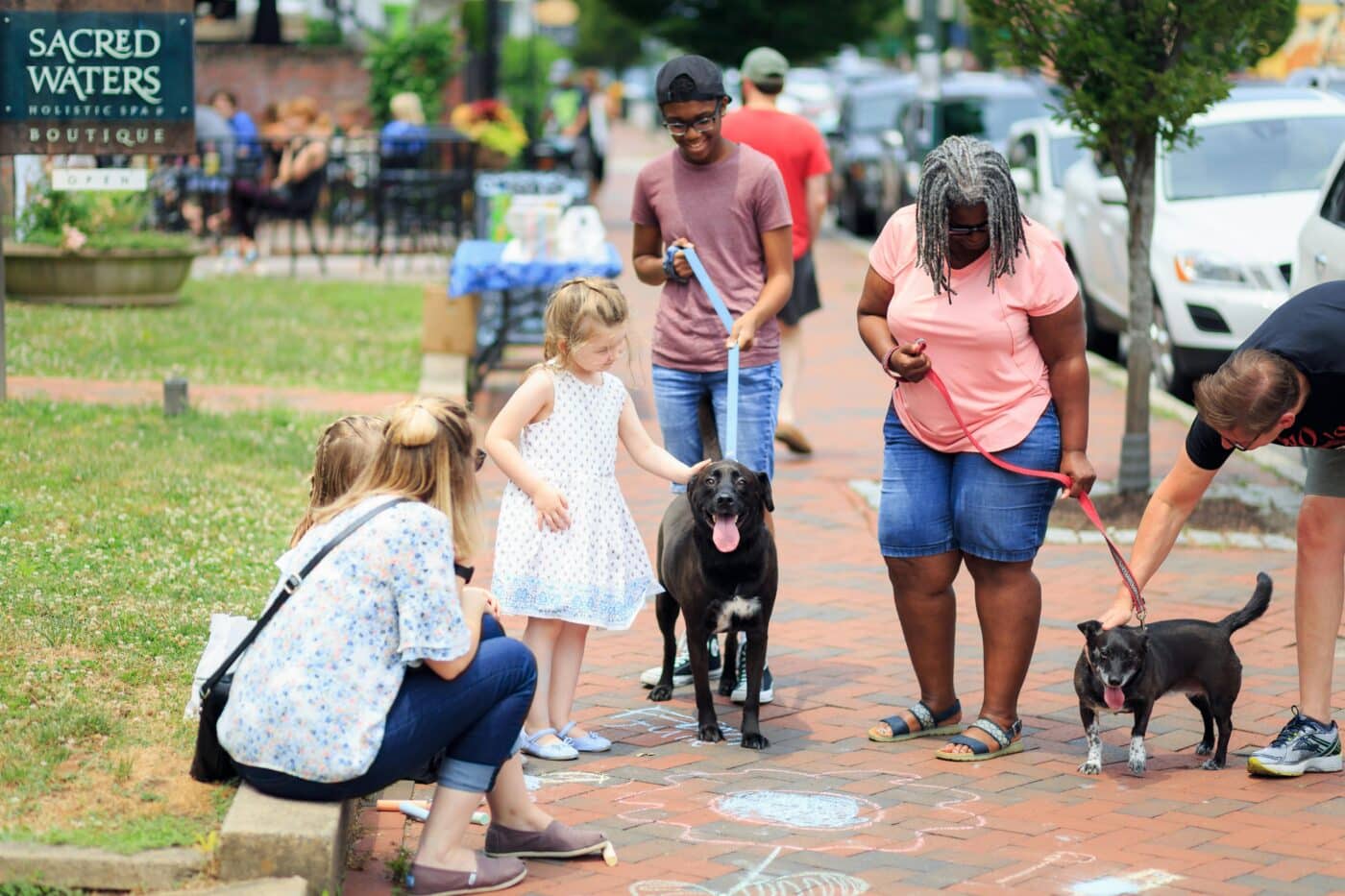 Shutterstock
Shutterstock
Dogs are descendants of wolves, which are highly social pack animals. This ancestry has embedded in them an instinct to be part of a group where they can feel secure and connected. For dogs, being part of a family gathering mirrors the dynamics of a pack, where unity means safety and belonging. The family becomes the dog’s new pack, and gatherings are opportunities to fulfill that deep-rooted need for social interaction. Whether lounging at your feet or playfully seeking attention, dogs naturally gravitate toward any environment where their pack is present.
Emotional Intelligence in Canines
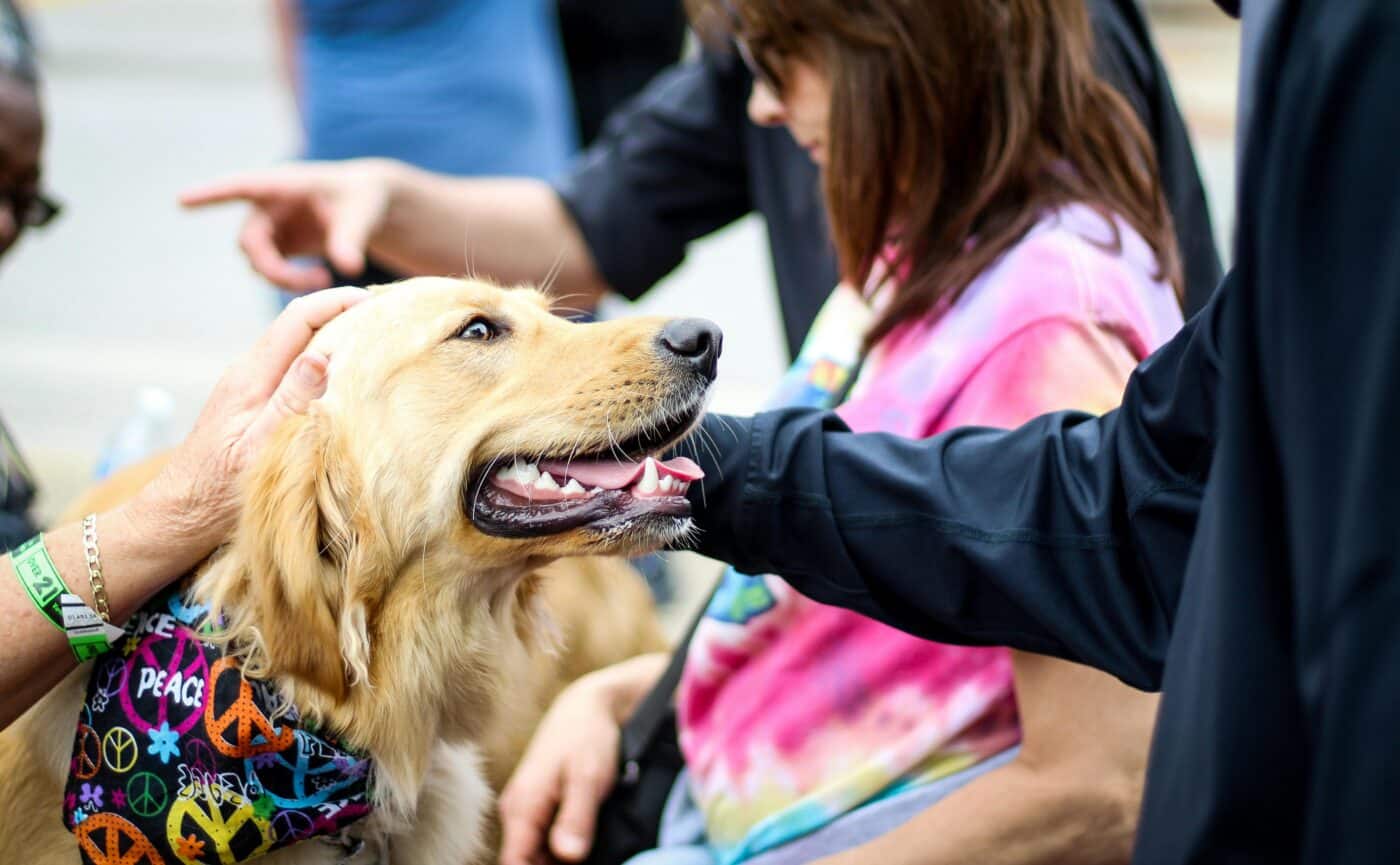 Shutterstock
Shutterstock
One of the reasons dogs love family gatherings is their high emotional intelligence. Dogs are attuned to the emotions of their human companions, often picking up on subtle cues such as facial expressions, tone of voice, and body language. When they sense joy, excitement, or warmth, they instinctively want to be a part of it. Family gatherings are often filled with positive emotions, which draw dogs in like a magnet. The happiness in the air is contagious, and dogs revel in the communal joy, joining in with wagging tails and playful antics.
Attention and Affection
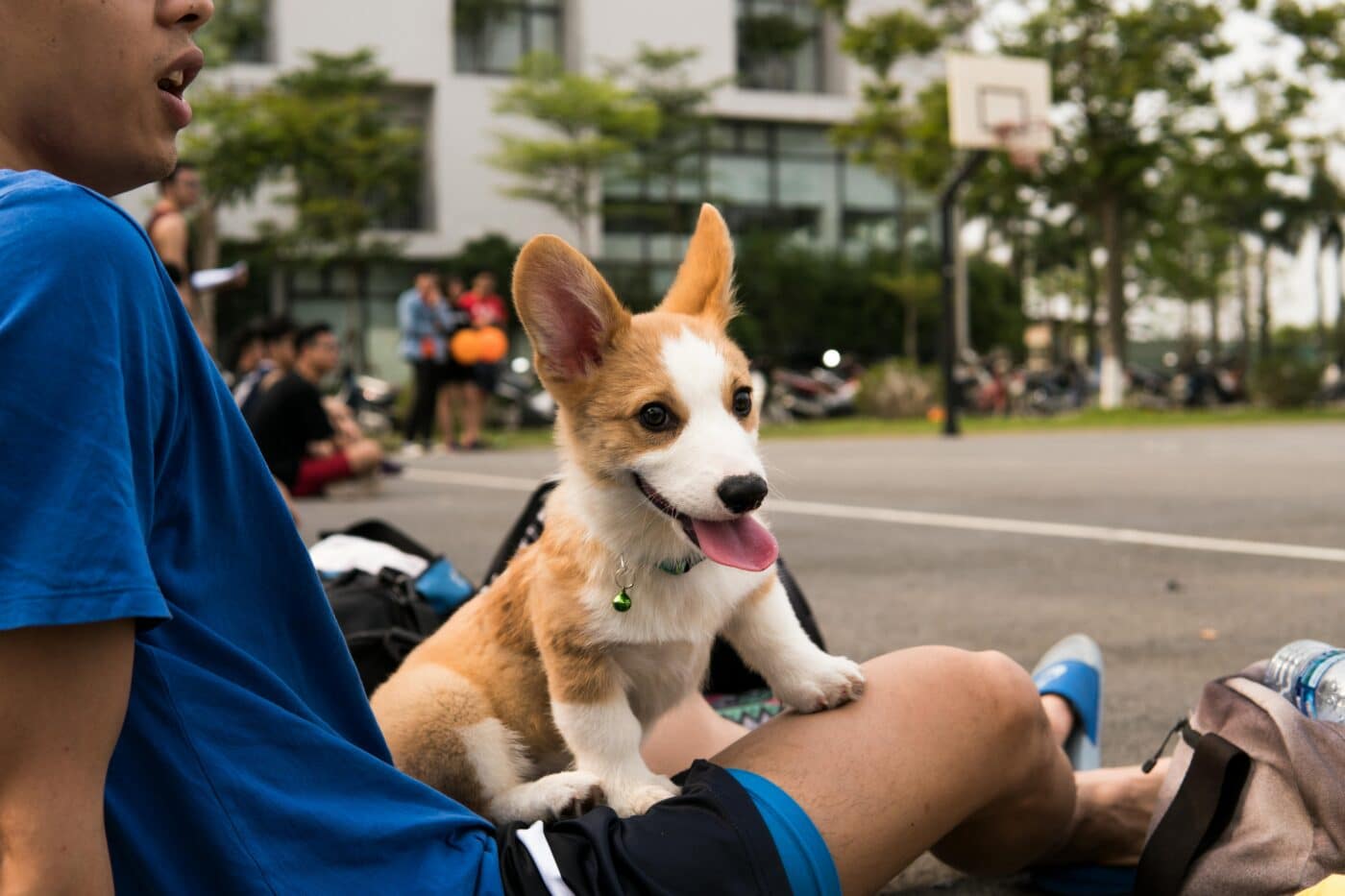 Shutterstock
Shutterstock
Dogs love attention, and family gatherings provide a jackpot of it. Whether it’s being fussed over by children, petted by relatives, or sneaking scraps from generous guests, dogs find the constant interaction irresistible. For many dogs, the affection they receive at these gatherings boosts their happiness. The pats, belly rubs, and scratches are all affirmations of their place within the family unit. This affection helps reinforce their bond with every family member, making them feel valued and loved, which is essential for a dog’s emotional well-being.
Food Glorious Food
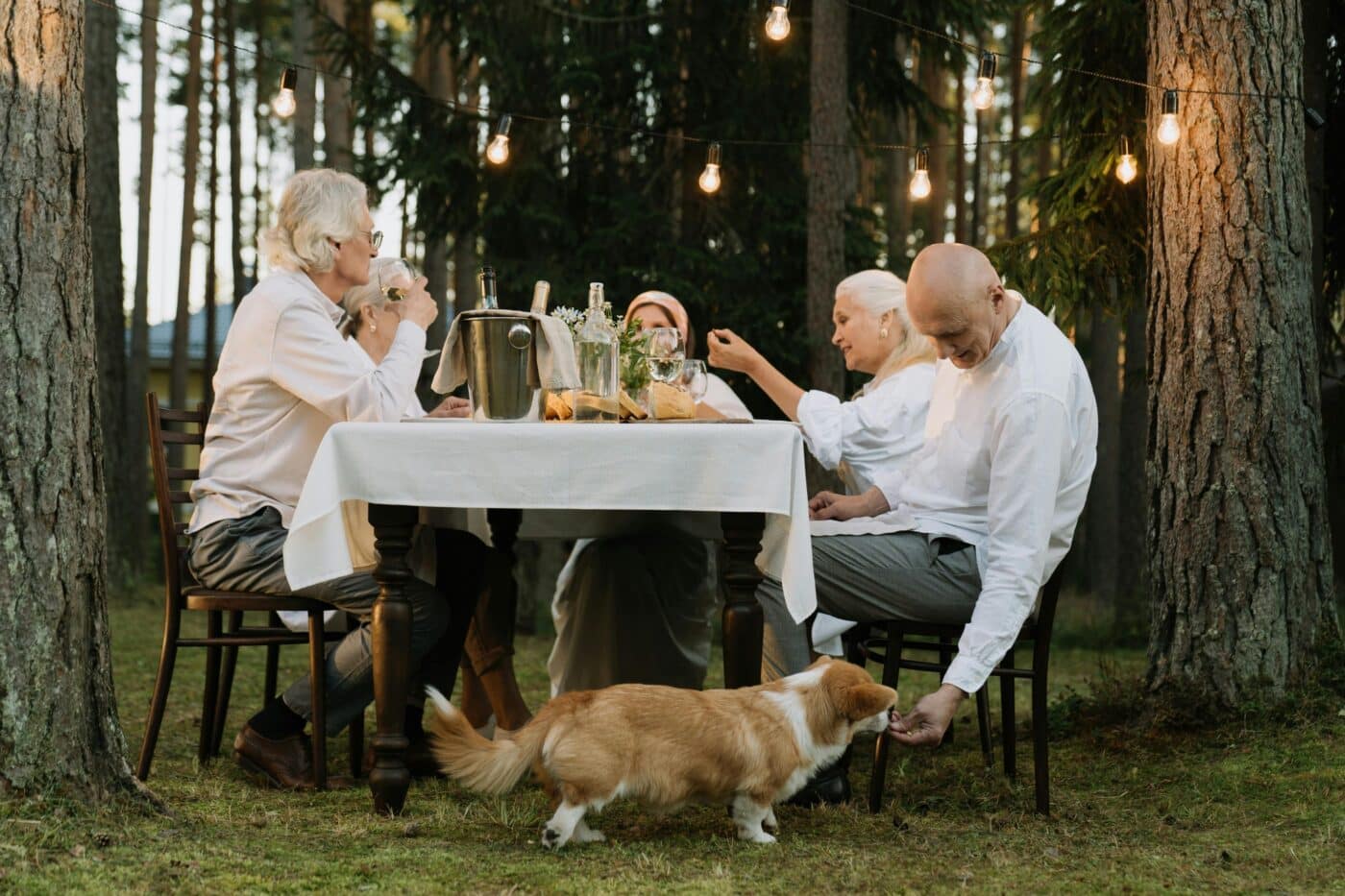 Shutterstock
Shutterstock
Let’s face it—one of the highlights of any family gathering is the food, and dogs are well aware of this. Their keen sense of smell, which is up to 100,000 times more powerful than that of humans, makes them highly attuned to the aromas of roasted meats, freshly baked bread, and other delicious treats. Dogs love to hover around the kitchen or dining area, eyes wide and noses twitching, hoping for a stray piece of food or a benevolent guest who will sneak them a treat. The presence of food adds an extra layer of excitement for dogs, making family gatherings even more enticing.
Routine Meets Novelty
 Shutterstock
Shutterstock
Dogs are creatures of habit, but they also love a break from their daily routines. Family gatherings offer the perfect mix of familiar and new experiences. The home setting, familiar faces, and their toys provide comfort, while the added excitement of new people, unfamiliar voices, and different scents offer mental stimulation. This combination enriches their environment, giving them a dose of adventure while still being in a safe and familiar space. The mental stimulation helps prevent boredom and keeps dogs happy, active, and engaged.
Dogs as Empathetic Companions
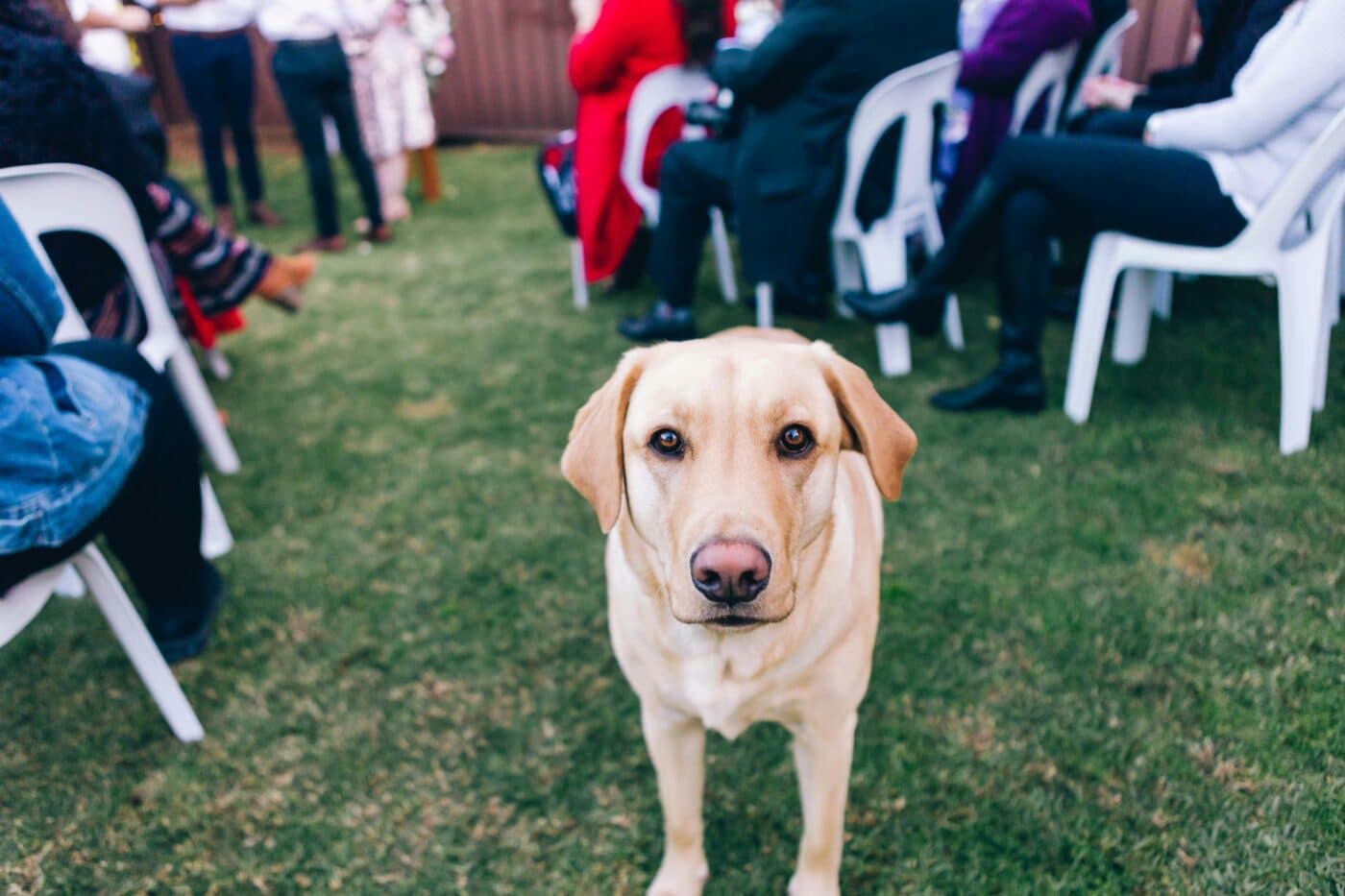 Shutterstock
Shutterstock
Family gatherings are not always filled with laughter—sometimes they can include serious conversations or moments of reflection. Dogs have an uncanny ability to sense when someone needs comfort. They’ll sidle up to a family member who seems distressed, resting their head on their lap or simply staying close. This empathetic behavior makes dogs an essential part of family gatherings. They help foster emotional support and cohesion, providing a calming presence when needed. Their ability to pick up on subtle emotional cues and act accordingly strengthens their role as valued members of the family unit.
Playtime Galore
 Shutterstock
Shutterstock
For dogs, family gatherings often mean more play opportunities. Children love engaging with dogs, whether through a game of fetch, tug-of-war or just running around the yard. Dogs, in turn, feed off this playful energy, making the gathering even more enjoyable for them. The extra attention, coupled with physical activity, is a delightful combination that boosts their mood and keeps them entertained for hours. Playtime during family events is more than just fun—it’s a bonding experience that strengthens the dog’s connection with family members, young and old alike.
Being the Center of Attention
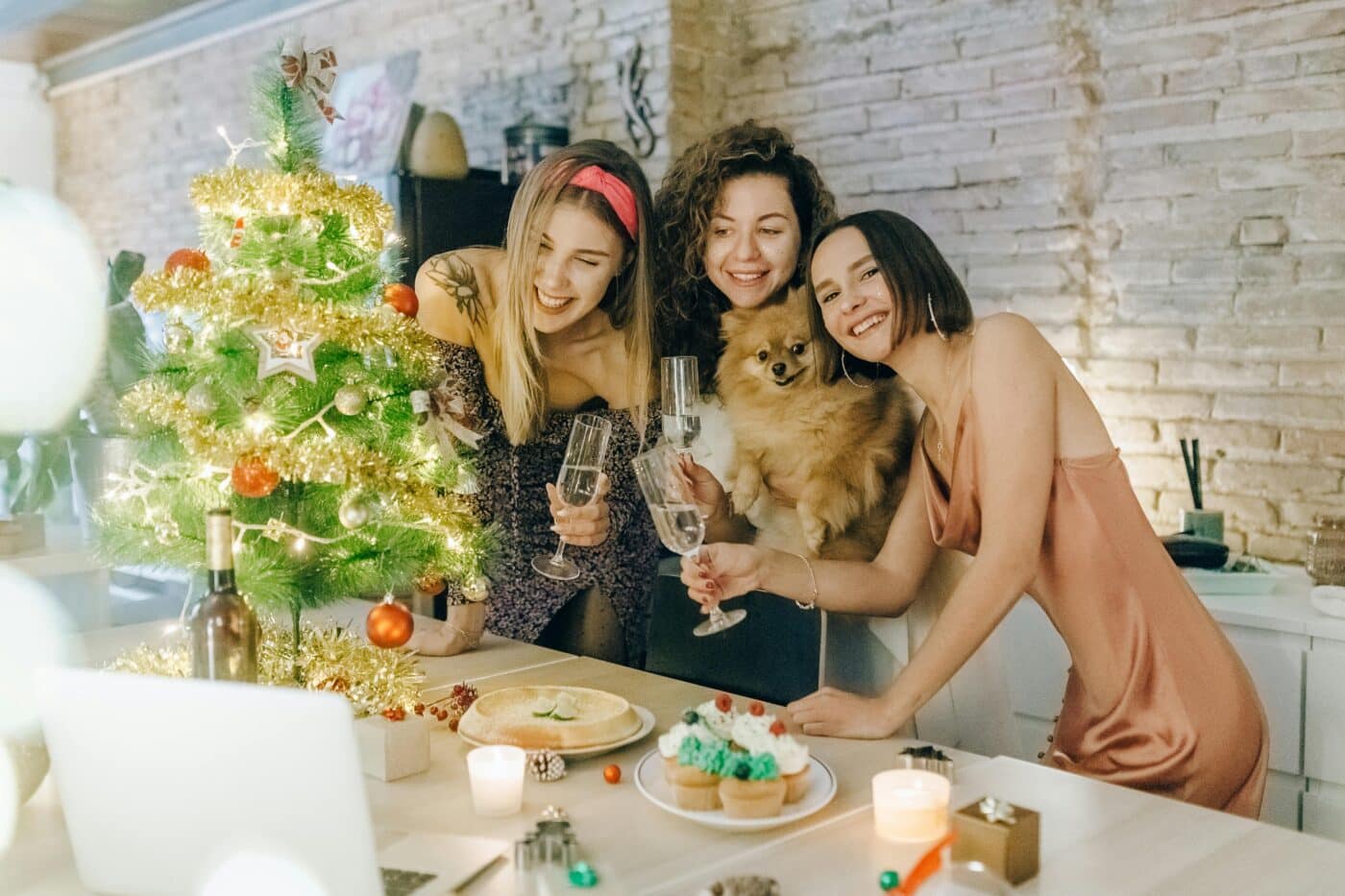 Shutterstock
Shutterstock
Many dogs love being the life of the party. Family gatherings often bring out the entertainer in them, showcasing their tricks, silly antics, or just their ability to make people laugh. Whether it’s prancing around proudly with a toy, rolling over on command, or “singing” along with the music, dogs bask in the attention. For more social dogs, being the center of attention is as enjoyable as any treat. It’s their way of participating in the event and being noticed by their pack, cementing their role as an integral member of the family.
Learning and Adapting to Social Cues
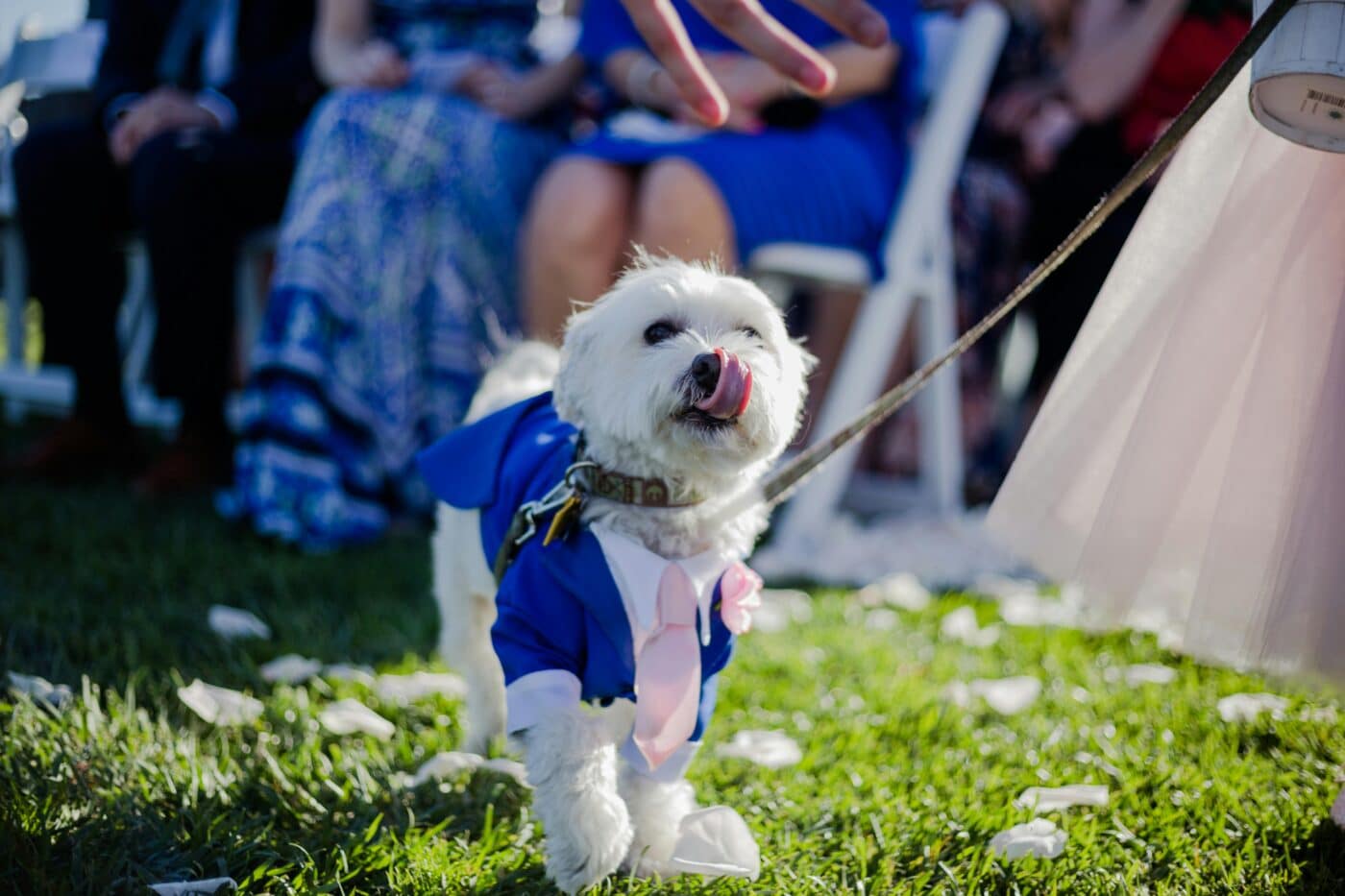 Shutterstock
Shutterstock
Dogs are highly observant and use family gatherings as an opportunity to learn more about their human companions. They watch how different people interact, what makes someone laugh, or who is more likely to share a snack. This observational learning helps dogs adapt to the social dynamics of their home. They become better at understanding which behaviors are welcomed and which ones aren’t. For example, a dog might learn that jumping up on an adult family member isn’t allowed, but rolling over for the kids always earns a cheer and a belly rub.
Reducing Anxiety Through Inclusion
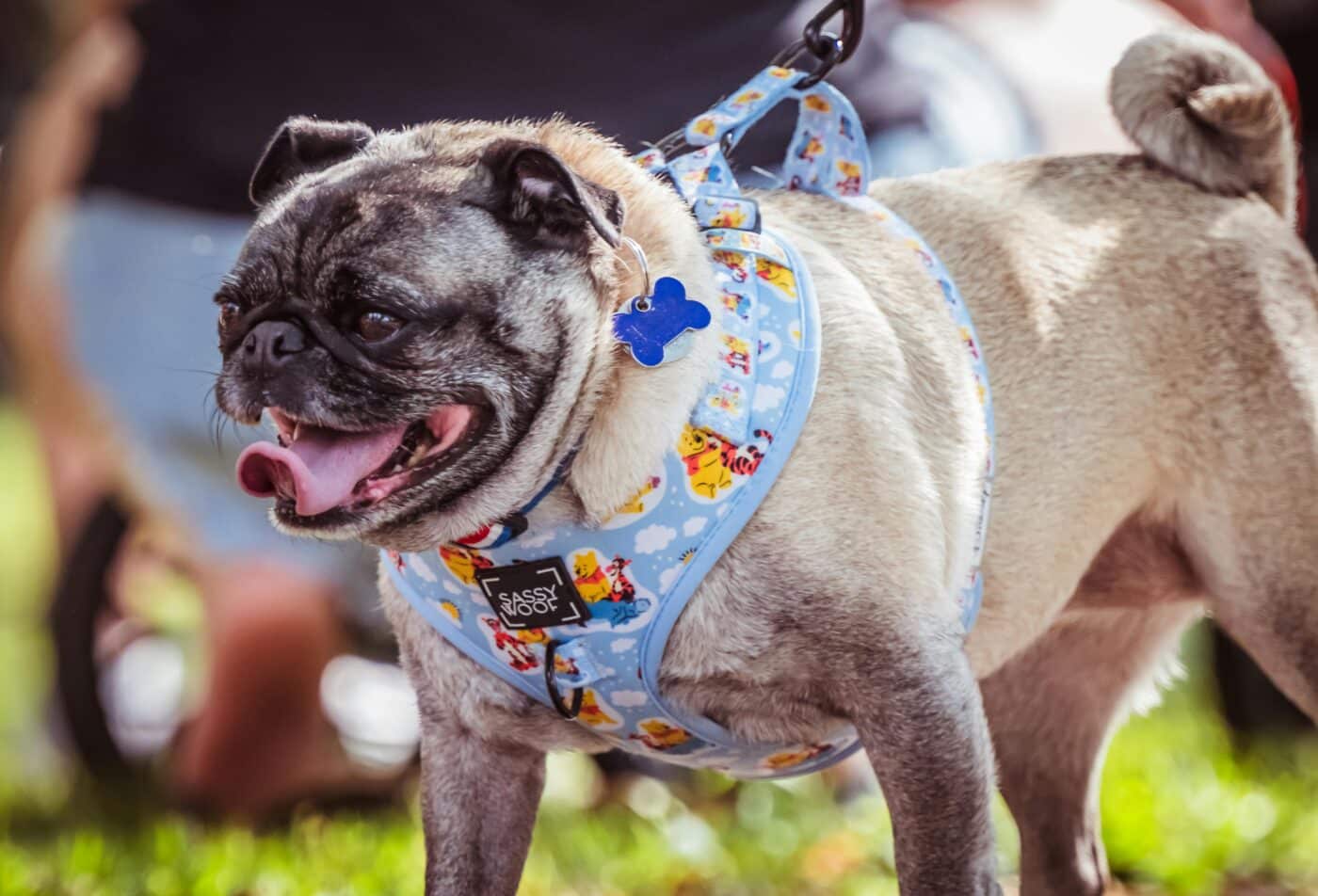 Shutterstock
Shutterstock
Dogs that are left out of family activities can experience feelings of anxiety or even develop destructive behaviors. They thrive on inclusion and feel secure when they are part of the action. Being involved in a family gathering provides reassurance that they are loved and not being excluded from the pack. The social aspect reduces their anxiety levels and prevents behaviors that might arise from loneliness or separation. When dogs are allowed to be part of these gatherings, it strengthens their trust in their human family and enhances their overall sense of security.
Sharing the Joy
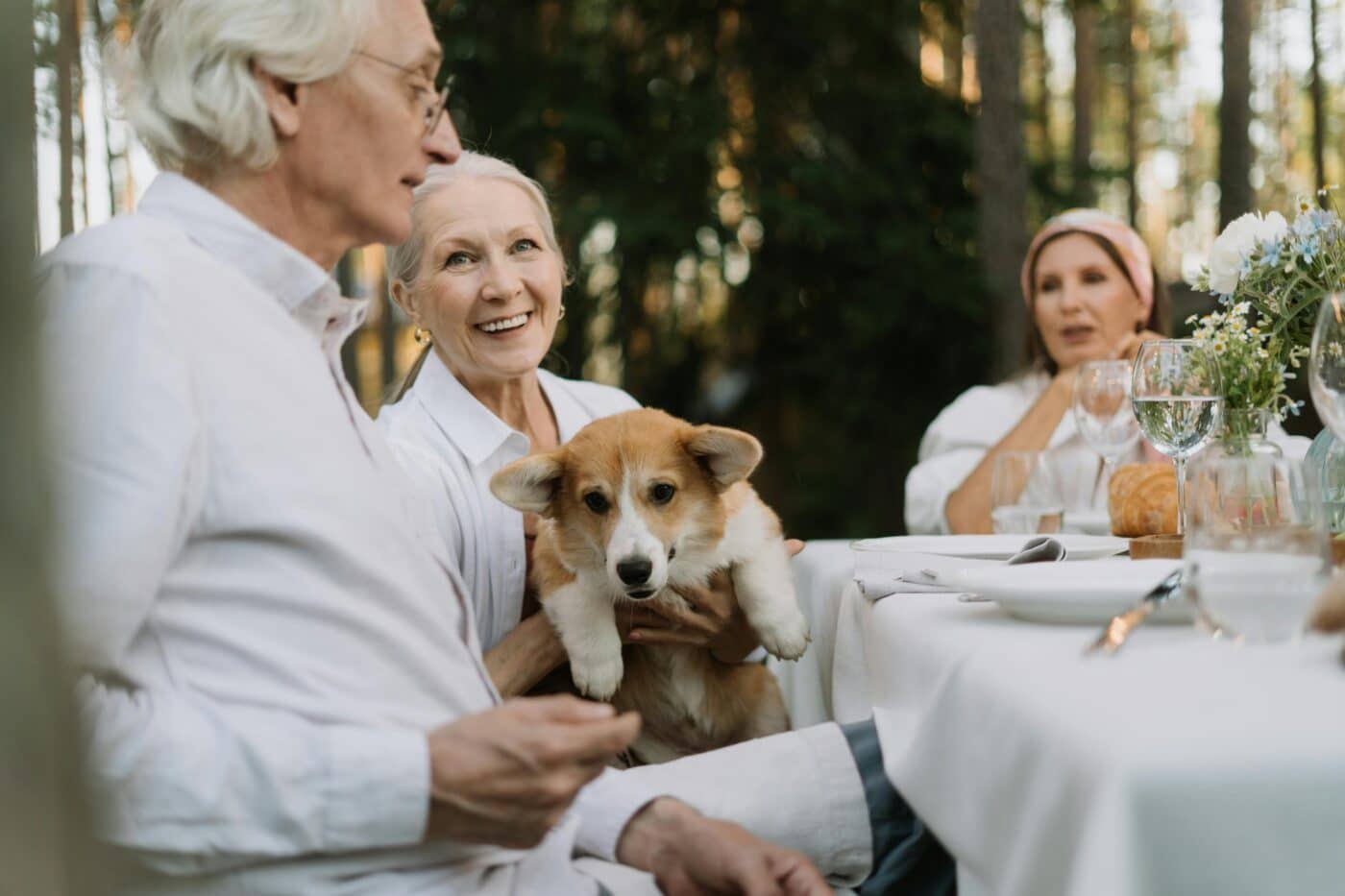 Shutterstock
Shutterstock
Dogs are emotionally attuned to their owners and often reflect their moods. When a family gathering is filled with happiness and laughter, dogs share in that joy. Their tail wag faster, their eyes brighten, and they become more playful. This shared sense of happiness can elevate the mood of the entire event. Having a dog present at a family gathering can be a source of amusement, bonding, and even stress relief for everyone involved. Dogs don’t just love being at these events—they add to the joy and make the occasion more memorable.
The Protective Instinct
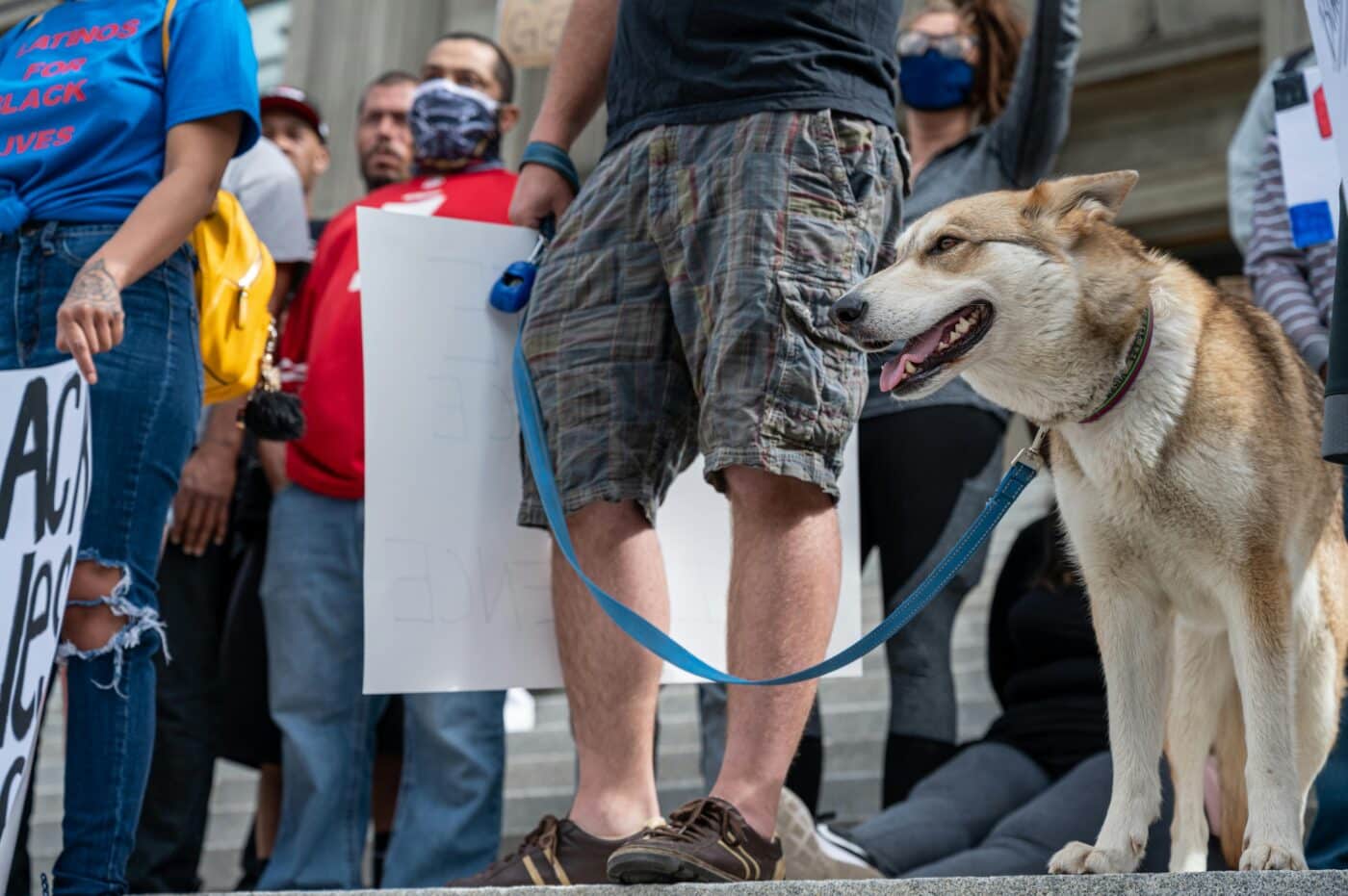 Shutterstock
Shutterstock
Dogs have an innate sense of protection over their family members. At a family gathering, their presence is not just for fun; it’s also about keeping watch. They may position themselves where they can see everyone, occasionally doing a lap around the room or yard to make sure everything is okay. This behavior is instinctual, and derived from their ancestors’ role in guarding the pack. Even the most playful and friendly dogs carry a sense of vigilance that makes them feel responsible for their human family’s safety, adding another layer of meaning to their participation.
Gatherings Are for Barking Rights
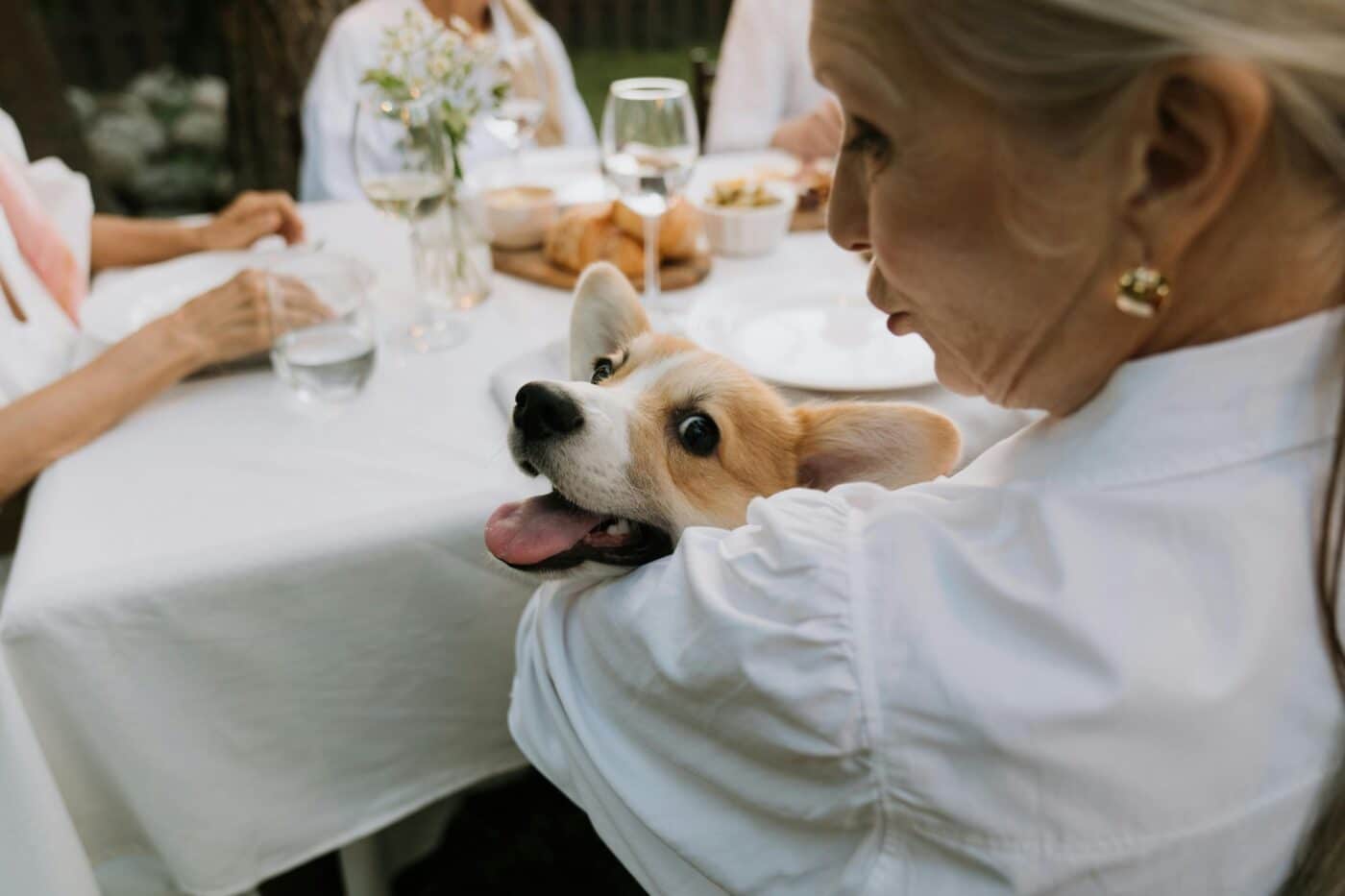 Shutterstock
Shutterstock
When it comes to family gatherings, dogs don’t just love being there—they own the scene. With a mix of play, affection, and food, their excitement is palpable, and they find their way into the hearts of everyone present. Their joy and antics make every moment a bit brighter, and the gathering wouldn’t feel complete without them. So, next time you host a family get-together, remember that your dog isn’t just there for the food scraps; they’re there for the love, laughter, and a chance to earn some serious “barking rights.”
 Toledo, United States.
Toledo, United States.